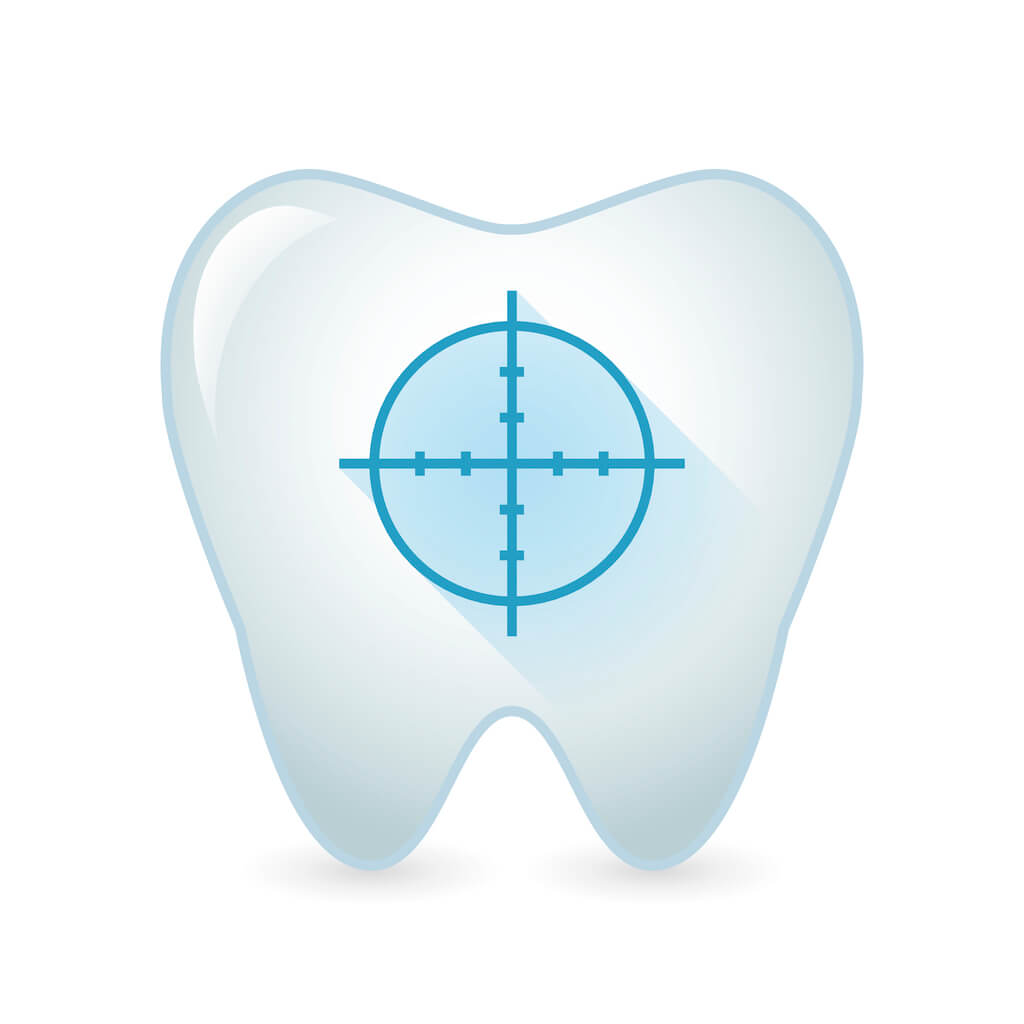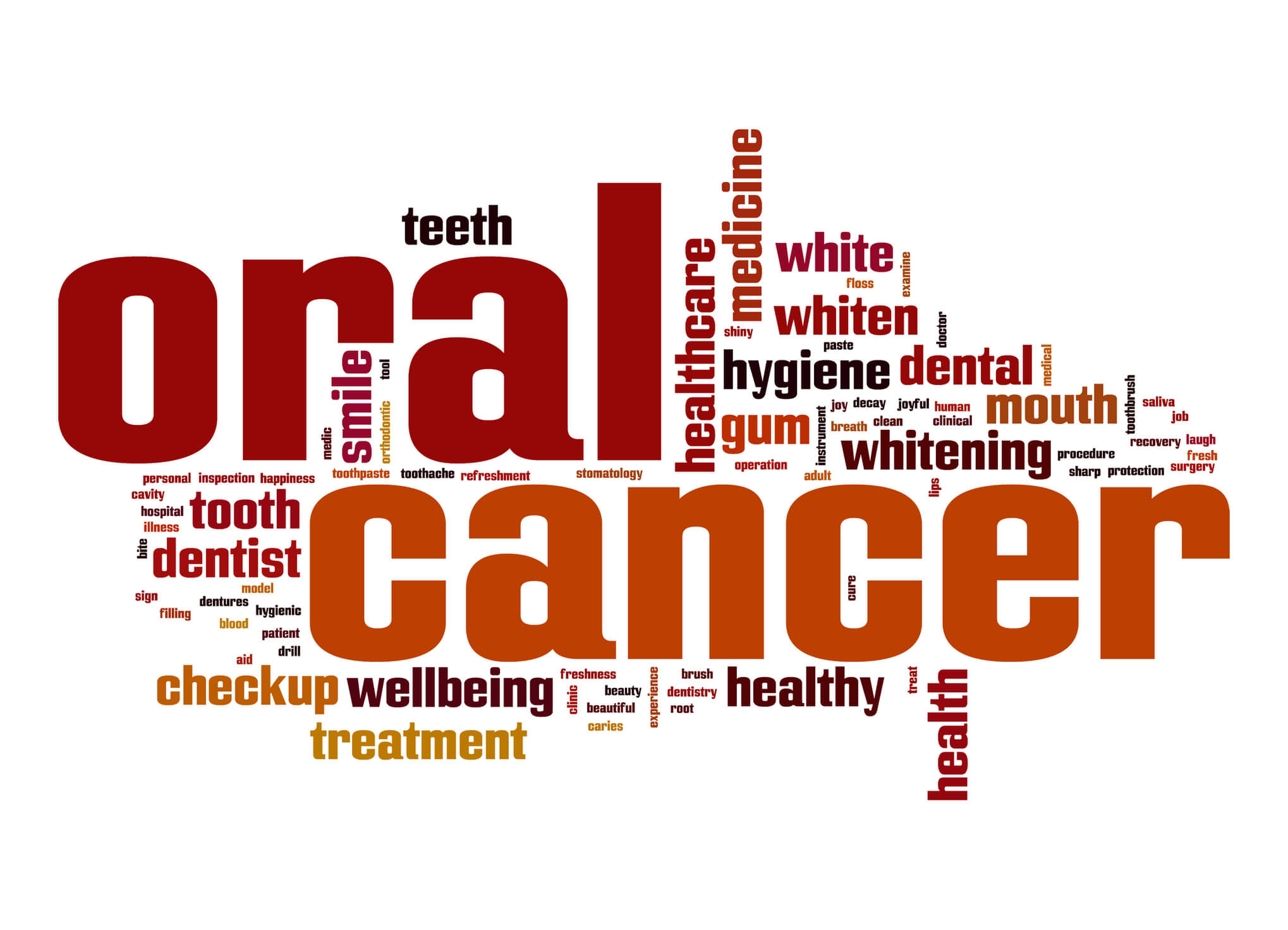
As we noted in our last post, Missouri lags behind most states in the U.S. for accessible dental care. But it made us think about other threats to your dental health that have emerged in our modern society.
What We Eat
Dental health is tied closely to overall health, and most Americans aren’t doing a very good job of managing either one. Most of us consume lots of processed foods with high sugar and chemical content. These food additives are designed for flavor and shelf-life, but are generally bad for your teeth, as they stick around longer and can upset your mouth’s natural balance.
What We Drink
In an effort to combat the obesity epidemic, communities around the country are considering the restriction of super-sized sodas. For teeth, this is great news! With a combination of acidity and sticky chemicals, soda and other carbonated sweetened beverages wreak havoc on teeth. The American Dental Association recommends at least a 1:1 ratio of soda to water consumption. Plus, there are numerous benefits for both your mouth and your body when you replace soft drinks with water.
How Much Stress
As we’ve said, Anxiety Bites. But in modern life pulls everyone in more different directions than ever before. Stress-related bruxism presents a significant threat to your overall dental health. If tension and anxiety have you gritting and grinding your teeth, find ways to counteract the chaos of modern life — Unplug, go outside, exercise, meditate, develop a hobby. All of these activities can help bring balance in a world dominated by ugly headlines, looming deadlines, pinging email reminders and text alerts stacking up like a Tetris game.
If you have other concerns or questions about how you can improve your dental or overall health, ask us at your next appointment.



